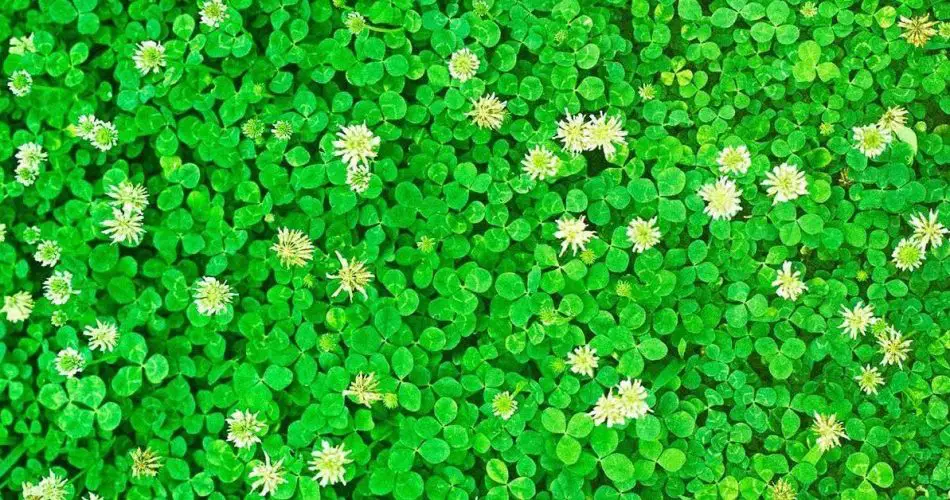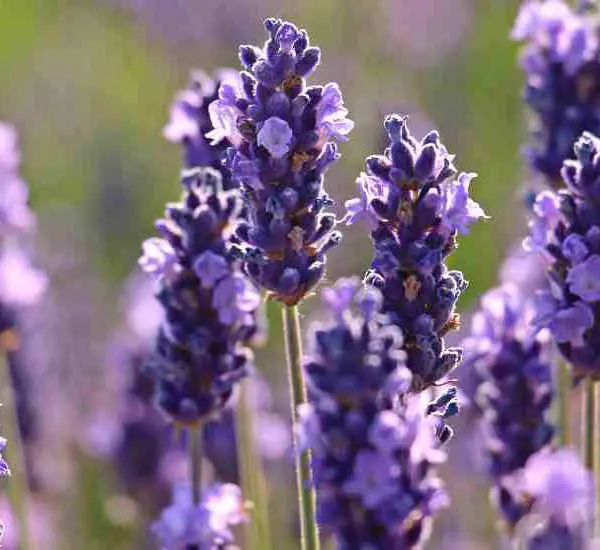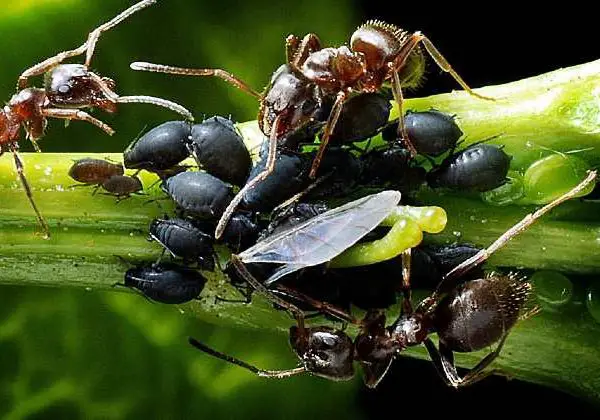Clover often faces a bad reputation, but it’s surprisingly beneficial! This resilient plant is easy to grow and maintain, thriving even in drought conditions while keeping your lawn lush and green. Why not take advantage of its many benefits? Here’s why you should consider sowing clover in your lawn.
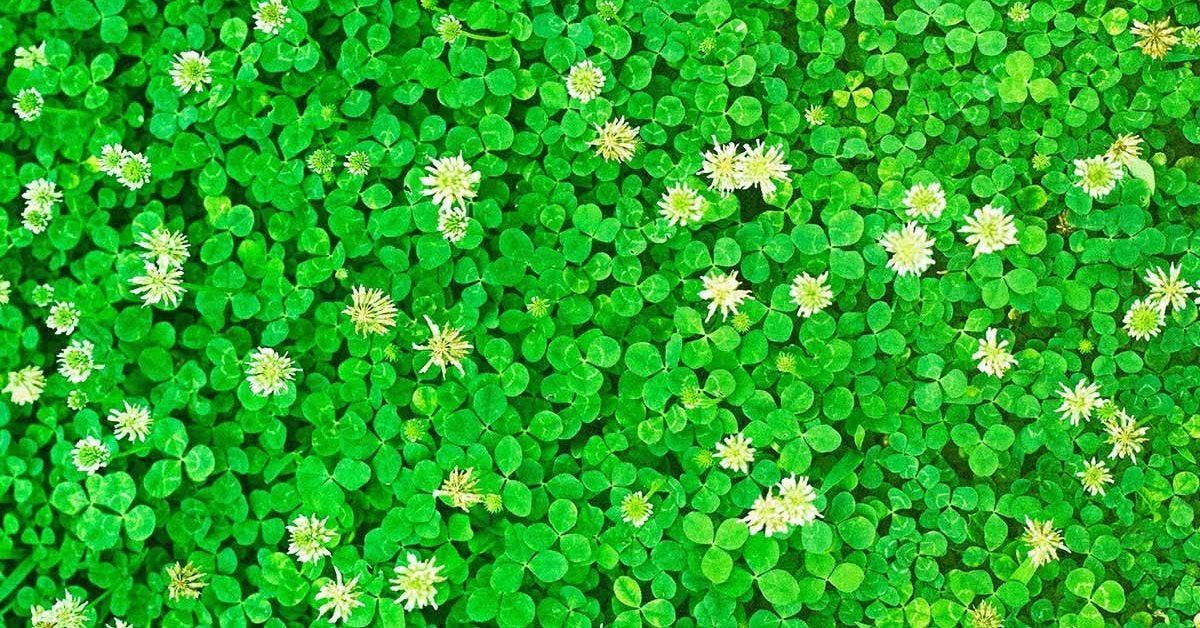
Why Plant Clover in the Lawn?
Despite being labeled a weed, clover offers great advantages. It naturally converts nitrogen from the air into ammonium, which grass absorbs to become greener and more resilient. Imagine a vibrant lawn year-round! Plus, clover flowers attract pollinating insects, enhancing your garden’s biodiversity.
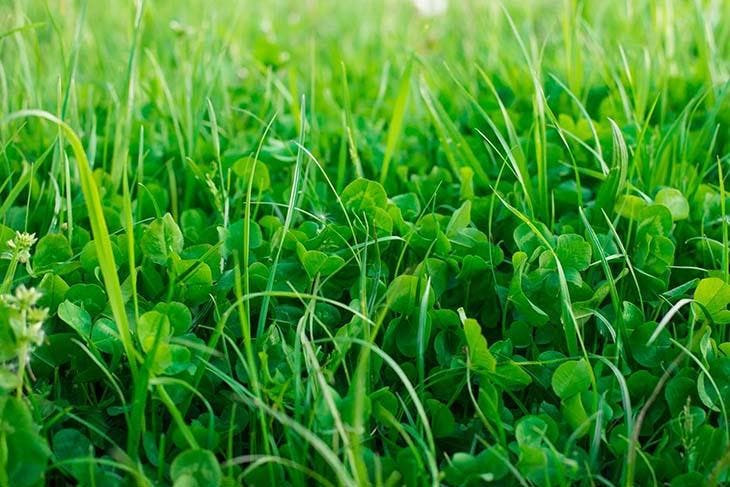
When and How to Sow Clover?
If you already have clover, let it thrive! To add more, sow it separately in early spring after the last frost. Ensure the soil is well-aerated and keep it moist until germination, which takes about two weeks.
Quick Tip: Reseed every 2-3 years for optimal growth.
Best Clover Variety for Lawns
While many clover species can be grown, Dutch white clover is popular due to its availability. However, it can grow tall, potentially clashing with a sparse lawn. Consider “Pipolina” clover (or micro-clover), which is smaller and blends better with grass. If clover becomes too dense, simply remove some and reseed bare areas!
How to Sow Dwarf White Clover in the Lawn?
Try dwarf clover for its benefits, including pest control. In spring or summer, rake the soil, scatter seeds, and water. Germination occurs in 2-10 days; keep the area moist to speed up growth.
Benefits of Clover on the Lawn
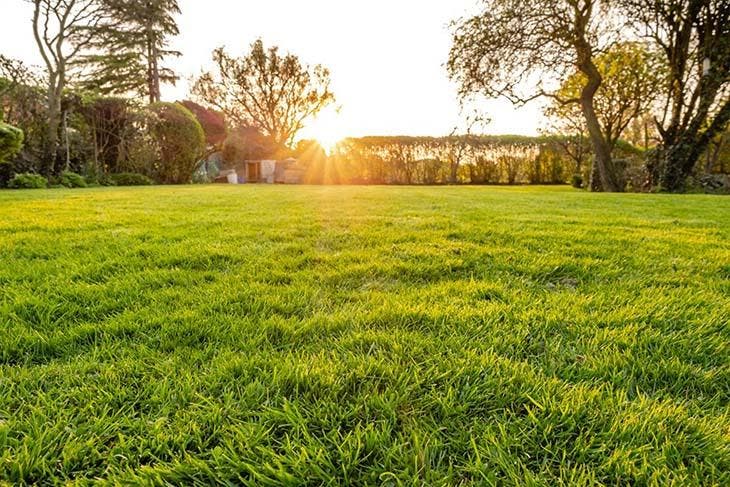
Still not convinced? Here are 8 reasons to plant clover:
- Good Fertilization: Clover fixes atmospheric nitrogen, reducing the need for synthetic fertilizers.
- Disease Reduction: It helps combat lawn diseases by spreading essential minerals through decomposition.
- Weed Control: As a dense ground cover, clover naturally crowds out weeds like dandelions.
- Time and Cost Savings: A clover lawn requires low maintenance, less fertilization, and reduced watering.
- Pest Control: Clover’s natural growth reduces the need for pesticides.
- Soil Erosion Control: Deep clover roots stabilize soil and nutrients, minimizing erosion.
- Natural Aeration: Clover promotes soil aeration, preventing runoff and degradation.
With these benefits, clover is a valuable addition to any lawn!
